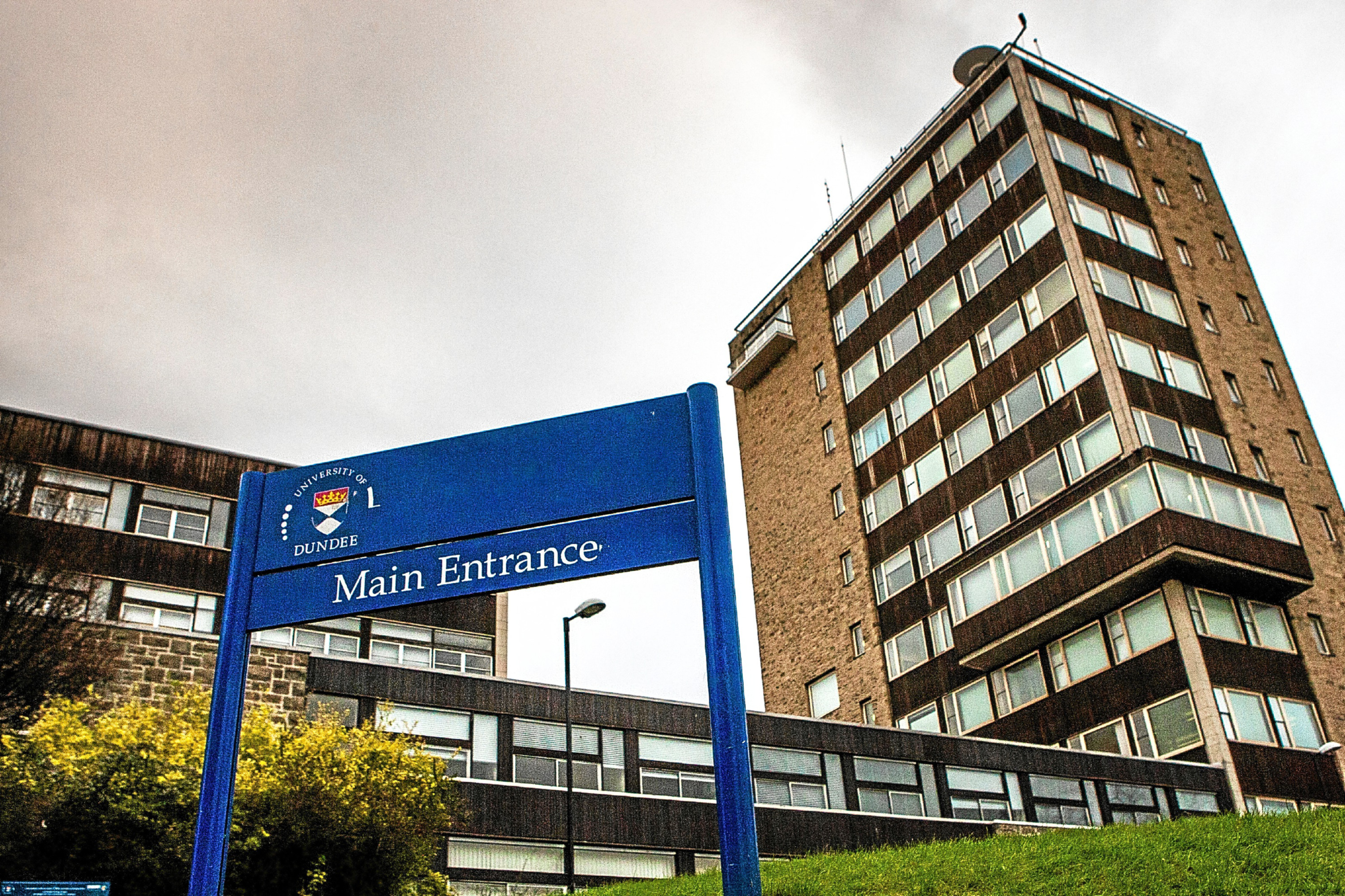Pride may be regarded as one of the seven deadly sins, but a Dundee University psychologist has found it and guilt are key to the development of altruism in children.
Developmental psychology lecturer Dr Josephine Ross has published the findings of a study into what motivates altruistic behaviour in children.
It showed that feelings of guilt — but not shame — and pride help children learn positive social behaviour.
Dr Ross said: “We know lots about the development of primary, simple emotions like happiness and sadness but don’t know so much about the development of more complex emotions.”
Her research studied the development of self-conscious emotions such as embarrassment, pride and guilt in young children.
Dr Ross said: “Available research shows that children develop these emotions from the age of about three or four and that is critical to the development of self-awareness.”
Her researchers rigged a toy to break when children played with it. The guilt of supposedly breaking the toy then motivates children to make amends, or to try to fix it.
Dr Ross said this reaction leads to people becoming more empathetic as adults who try to avoid actions that cause guilt.
“Guilt is a positive thing. As adults it makes us make amends if things go wrong — and you can’t go through life without things going wrong — and motivates us to fix it.”
And she said children learning to take price in their accomplishments can also make them more successful, but warned parents should be careful not to be critical if a child does not do something successfully.
“We feel pride when we do something well so it is a motivational system,” she said.
“But if a parent gives a really negative reaction to their child failing then they can feel shame which will make them avoid competitive situations.
“If they are praised for doing well, they will feel pride and be more likely to seek them out.”
Dr Ross’ paper Investigating the Role of Self-Evaluative Emotion in Preschool Prosociality has been published in the Journal of Experimental Child Psychology.






